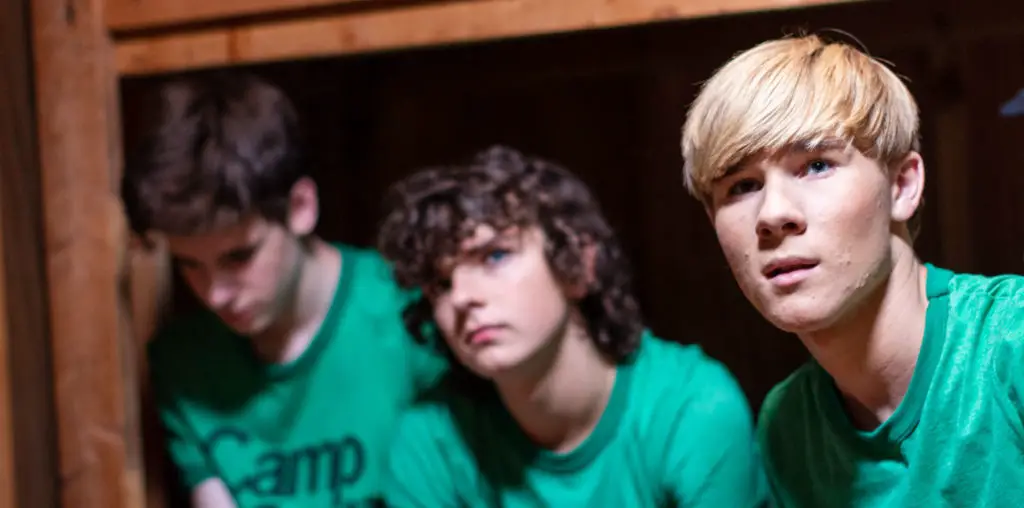
Dusted off and fattened up with previously censored footage, Luchino Visconti’s 1960 epic family drama “Rocco and His Brothers” (Rocco e Sui Fratelli) makes the art house circuit in limited release to major cities in North America.
Long considered a classic piece of neo-realist Italian cinema and a touchstone film for directors including Martin Scorsese and Francis Ford Coppola, “Rocco and His Brothers” is a tale of morality lost, found and, in some cases, completely discarded by the five Parondi brothers in search of the middle class dream.
A poor southern Italian farming family headed by an effusive matriarch Rosaria Parondi (Katina Paxinou), migrates to uppity but corrupt Milan in the 1950s. In typical operatic fashion, the stage is set for turmoil amid earnest efforts to rise above class and station.
Eldest brother Vincenzo (Spiros Focas) hunkers down into a factory job and a sensible marriage, while younger brother Rocco (Alain Delon) embarks on a career as a boxer, garnering riches and respect with the brute force attributed to his social class.
Alain Delon, arguably the most beautiful actor ever captured on celluloid, is the living metaphor for the family’s struggle to achieve bourgeois respect. His sublime and saintly features hide a bestial instinct that, if he had not figured out how to channel it into a violent sport, may have betrayed his dreams. That same instinct, however, leads third son Simone (Renato Salvatore) to tragic ends.
Rocco and Simone, also a budding pugilist, both fall in love with the same woman, a prostitute named Nadia (Annie Girardot). This creates the drama from which everything else radiates. Milan is a tempting and stylish city that tests loyalty among family members. Gone are the peasant promises and bonds formed under oppression. Taking their place are greed, lust, jealousy, and, finally, murder.
Converted from fascism to Marxism as a young man, the upper class Visconti takes a dialectical approach to the story that may seem quaint nowadays, but he avoids condescending to the middlebrow world to which the Parondi family aspires. The end results aren’t in question here, but, rather, a European class structure, which creates a motivation for achieving them.
Visconti’s background includes directing for the stage, both classic Italian theater and opera. He has frequently found suitable material for his style including “The Leopard,” and “Senso.” While evident, Visconti’s melodramatic touch is never overdone and is tempered by Guiseppe Rotunno’s cinematography, an aching mixture of grit, elegance and raunch. Sequences previously cut at the command of Italian censors (including a harrowing rape scene), are restored to amplify both the tragedies of the journey and the ultimate message of hope, which is embodied by youngest brother Luca’s return to his ancestral home as a man emboldened by the moral struggles he witnesses in his brothers.
As we toss around words such as “dark,” “stylish,” “brooding,” and “tragic” along the road to perdition, I recommend a three and a half hour pit stop in 1950s Milan. There you will see the inspiration for films such as The Godfather, “Mean Streets” and even Sergio Leone’s “Once a Upon a Time in America.” One might also connect the dots all the way to Scorsese’s upcoming immigrant opera, “Gangs of New York,” once it finally opens. Yet, with an evocative score by Nino Rota and a ripe and youthful European cast the “Brothers” may still trump them all.
